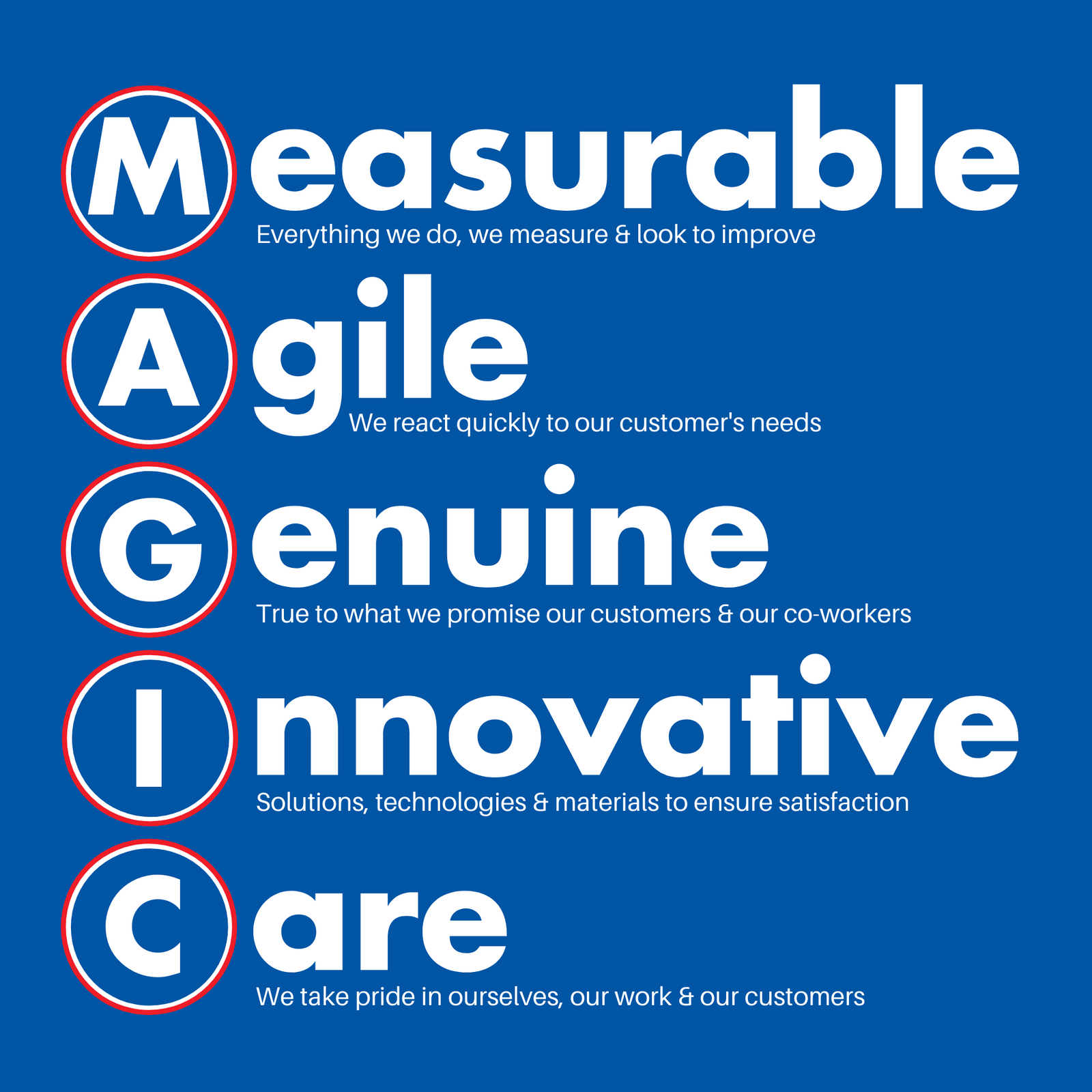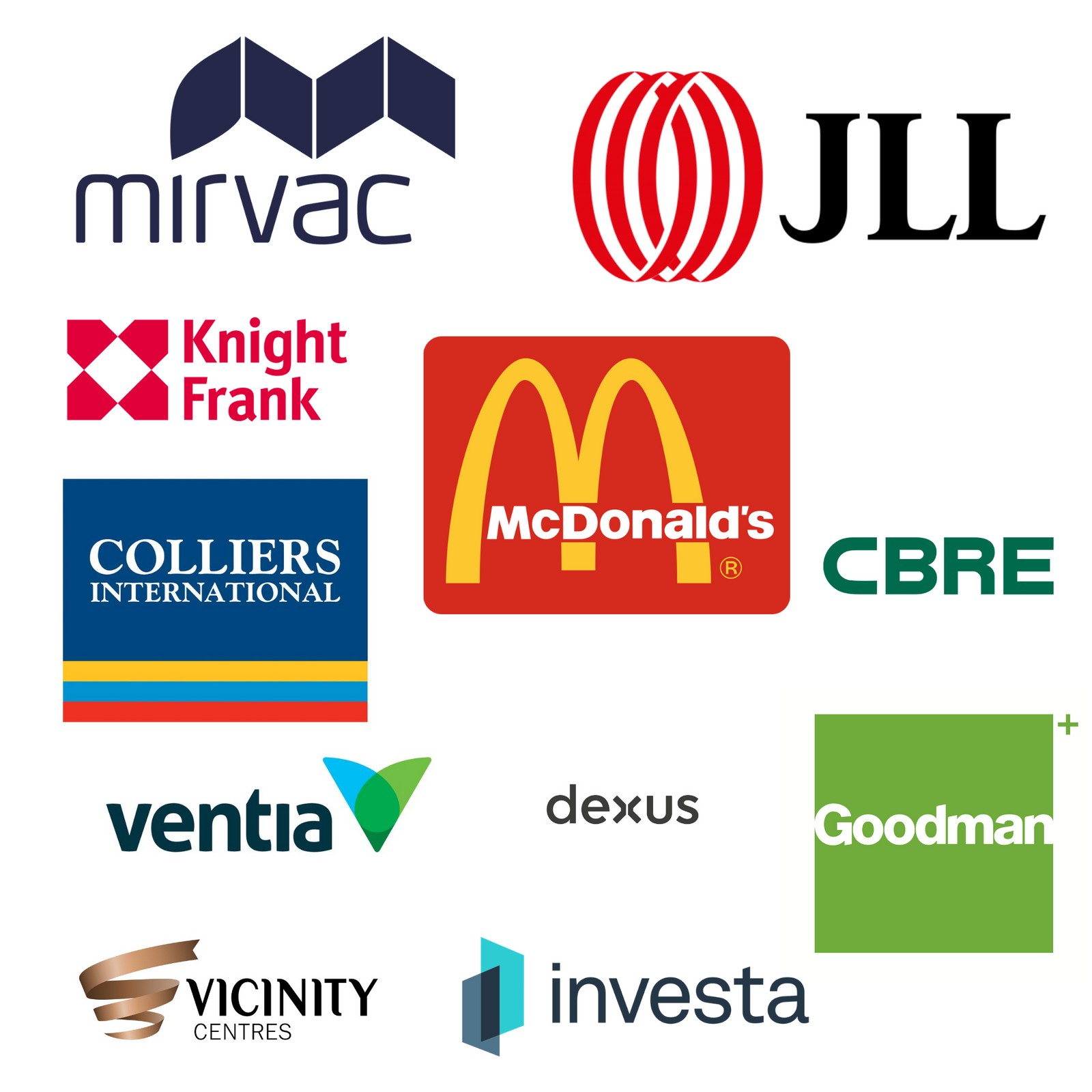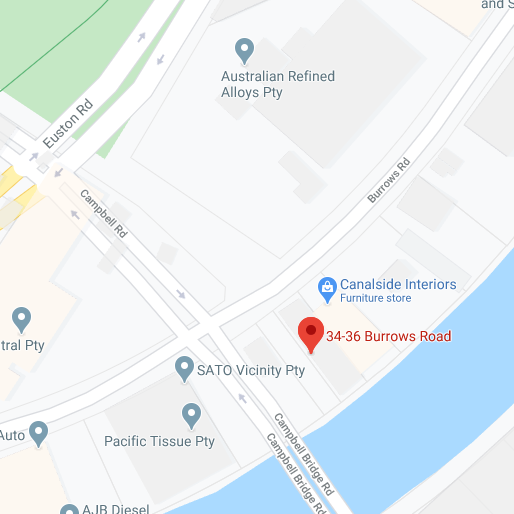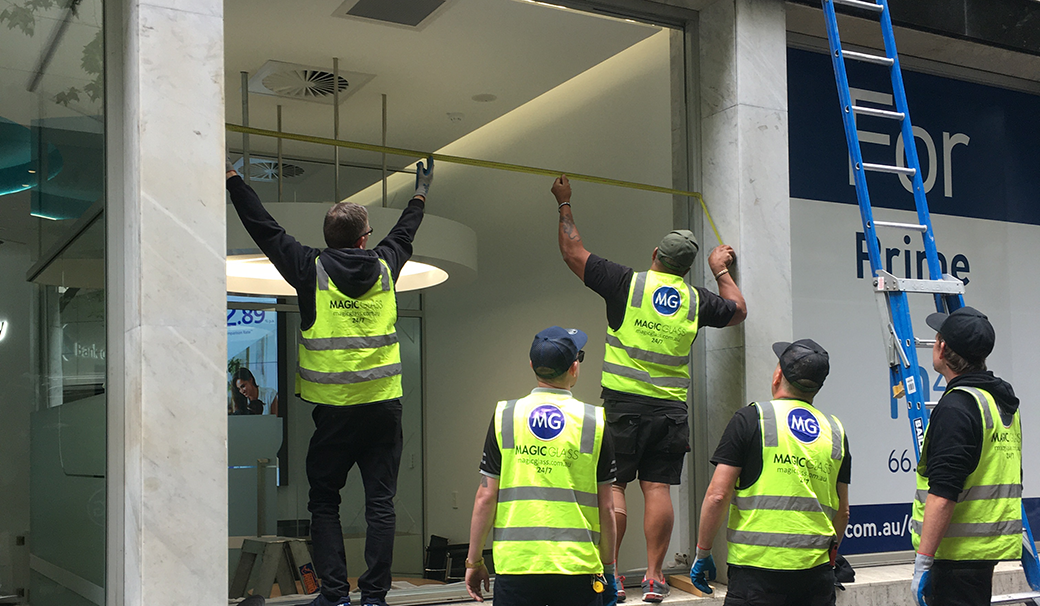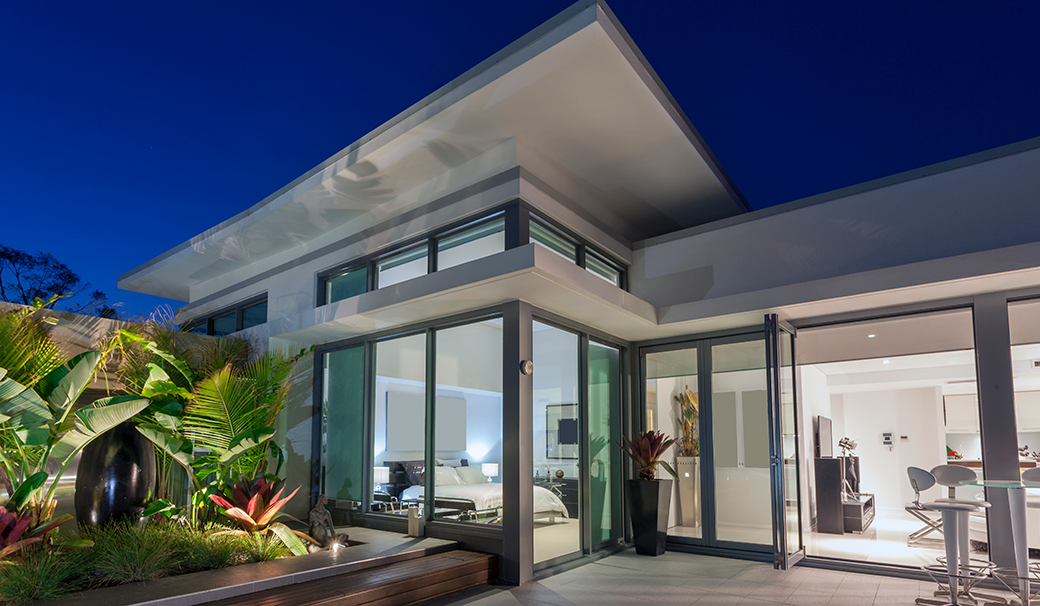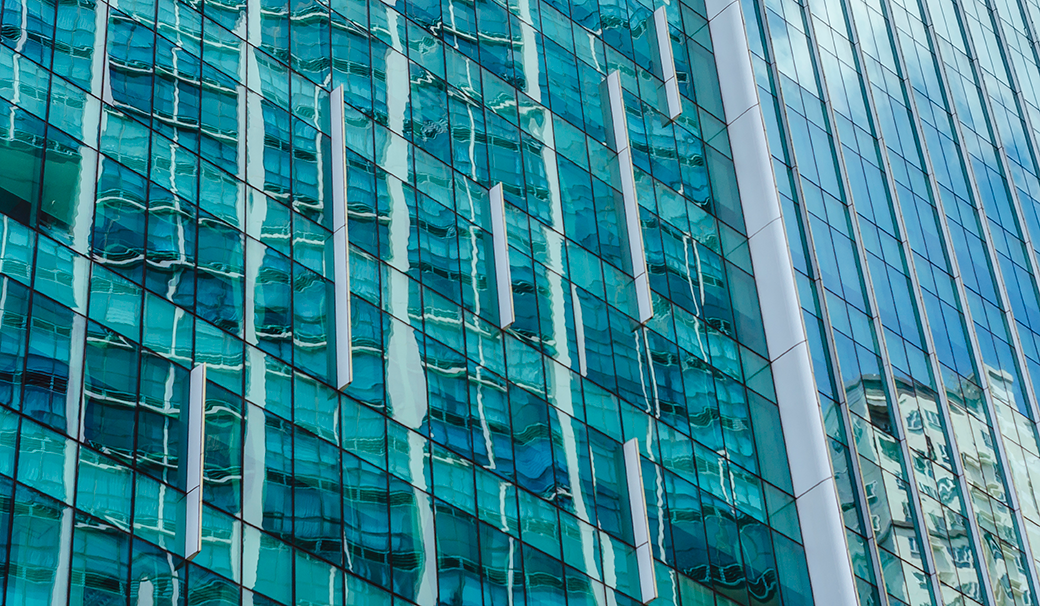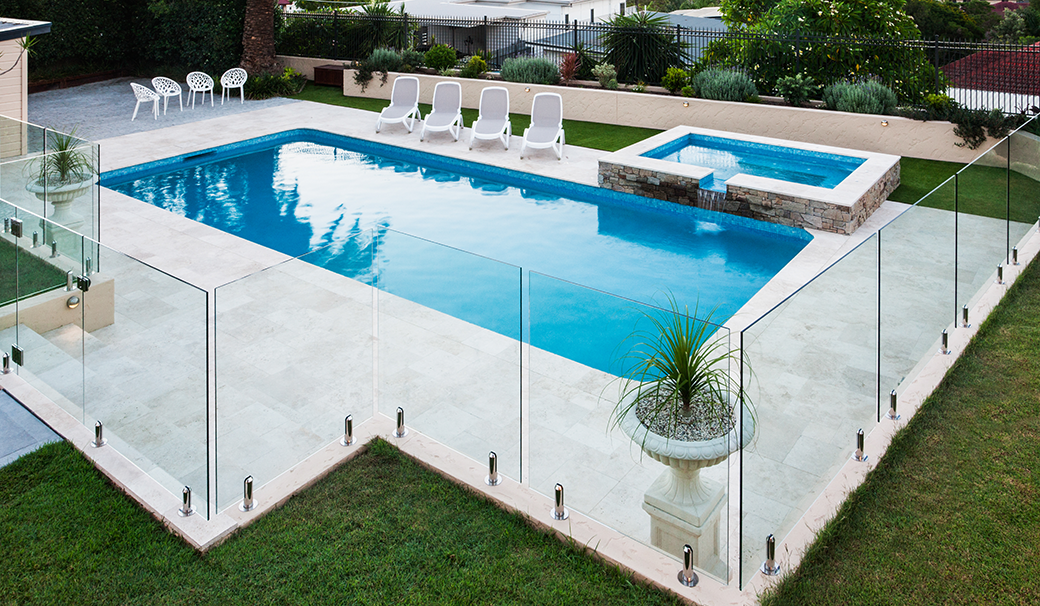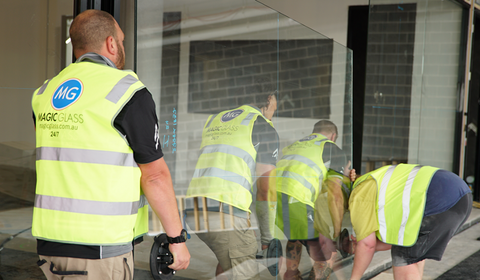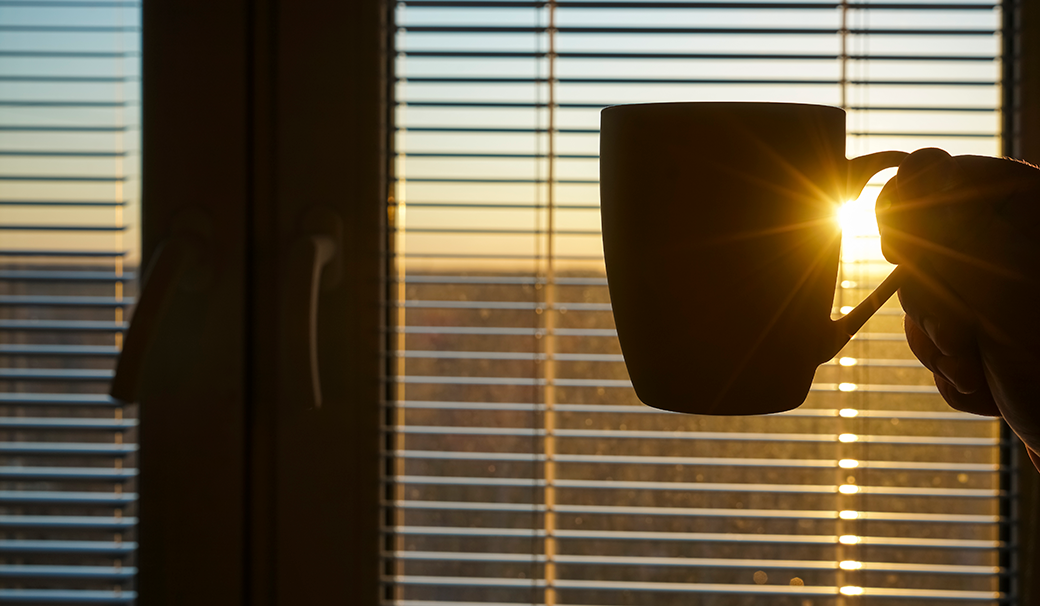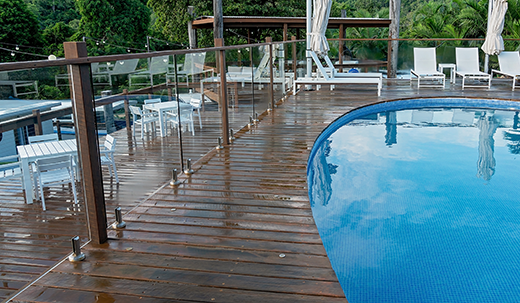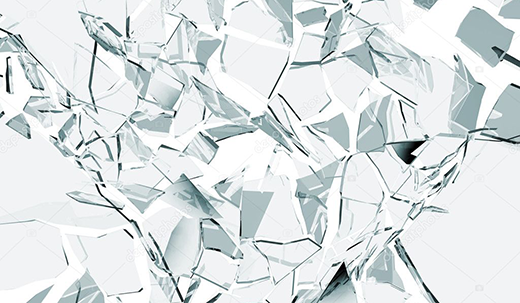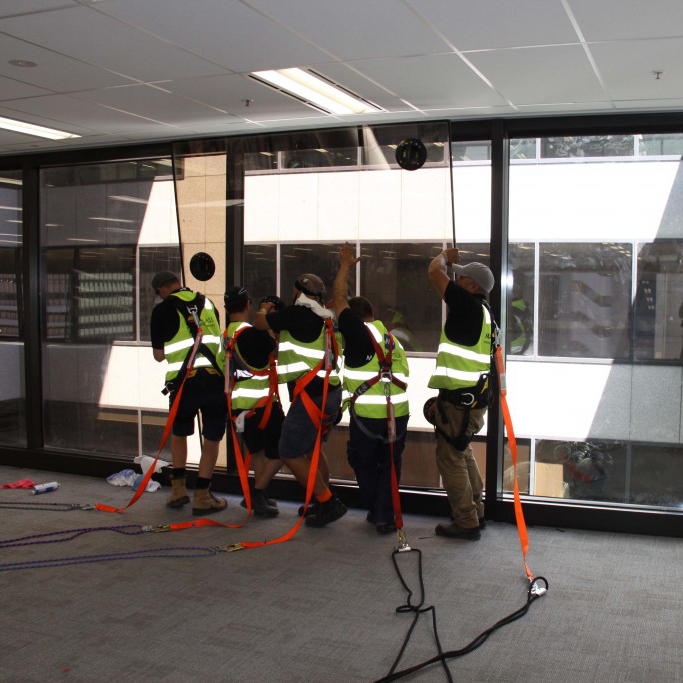Glass Blog
Regardless of the type of business you run, having a good storefront is critical in attracting customers, maximising security, and maintaining a solid business reputation.
What makes a shopfront good? Read on to find out.
Clutter-Free
No one wants to go into a store that looks cluttered and messy. Because of this, you should avoid putting too much signage and merchandise in your shopfront. Keep it relatively clear and make sure you clean it regularly.
Lighting
Making sure you have the right amount of lighting in your shopfront is also important in attracting potential customers. You want to have just enough lighting to illuminate your store and make it stand out, but not so much that it will appear overly-bright.
Security
Aside from drawing in customers, the main role of your shopfront is to keep your store secure. In order to achieve this, ensure the material your storefront is made from is strong and sturdy. If you want to install a glass shopfront, choose safety glass such as toughened or laminated glass. These glass types are significantly more resistant to force and less easy to break than standard annealed glass.
Easy to Maintain
Last but not least, for your sake, you want to ensure your shopfront is easy to clean and maintain. Select materials that stay cleaner for longer and don’t require excessive maintenance (such as glass and aluminium) over materials that get dirty quickly and require frequent touch-ups (such as timber).
If you’re wanting to install a new glass storefront in your business, call Magic Glass today. We can provide you with a free quote for a shopfront that will attract customers and keep your business safe!
Glass is both a functional and decorative material that can be used in many ways to improve your home and increase its value.
From increased safety to aesthetics, here are Magic Glass' top 5 ways glass can be used to improve your home.
1. Safety
Installing safety glass is a great way of boosting your home’s security and preventing injury in the event of breakage.
Safety glass such as toughened and laminated glazing units are more susceptible to force and are therefore much more difficult to break. This means that the likelihood of someone breaking into your home or glass shattering from severe weather events is drastically reduced.
In addition, toughened and laminated glass are designed to either stay intact or shatter into smaller pieces (rather than sharp shards) in the rare event of breakage.
2. Energy Efficiency
Most of our homes’ temperature losses or gains occur through our glass windows or doors. Fortunately, there are ways in which we can minimise these effects and make our homes more energy efficient.
Installing glass panels that are either multi-glazed, laminated or have low-emissivity coatings will drastically reduce heat transfer through your windows. This will help keep your home cooler in the summer and warmer in the winter without blowing your energy bill through the roof.
For more information on these types of glass, read our How To Make Your Home More Energy Efficient Using Glass blog.
3. Openness
Another benefit of glass is that it can make your home appear more open. Having large windows, glass sliding doors and mirrors around your home can alter the look and feel of your property by making it seem more spacious and less closed-off.
4. Natural Light
Glass fills your home with natural light which not only helps save you money on electricity bills, but also boosts your mood and energises you.
Natural light boosts the look and feel of your home and adds value to your property.
Whether through windows, glass doors or skylights, there are an abundance of ways that you can increase natural light in and around your home.
5. Decoration
Last but not least, glass installs can be used to decorate your home.
Stained, frosted and etched glass can be used to add colour and edge to your home, as well as privacy.
In addition, glass splashbacks and frameless screens can be used for both decoration and functionality.
For more information on using glass to improve your home, contact Magic Glass today.
With our own fabrication facility and a team of experienced glaziers, we are able to custom-make glass specific to your space and your needs.
Cladding systems are external wall systems that can be applied to the outside of buildings. They are used on both residential and commercial buildings, and offer numerous benefits including additional structural protection, noise and heat insulation, and improved aesthetics.
There are several different types of cladding, all of which have various pros and cons. Read on to find out about 6 of the most common types of cladding.
Vinyl Cladding
Due to its high durability, visual appeal, and low-cost, vinyl cladding is very popular in and around Sydney.
Made of a mix of PVC and other materials, vinyl cladding typically comes in the form of horizontally-placed panels. These panels can also be fitted with additional layers of insulation, allowing for greater thermal control within the building.
Compared to alternative cladding options, vinyl is considerably more lightweight, allowing panels to be completely flexible when covering a building. They are also available in countless colours, allowing for greater design versatility.
Timber Cladding
Timber is another popular material choice for cladding. It allows for an aesthetically pleasing finish as well as improved thermal insulation. Timber cladding is also eco-friendly and a great way for building owners to reduce their carbon footprint.
Timber cladding can, however, be costly and tricky to maintain. You’ll likely need to re-paint or re-stain your timber cladding every 3-5 years and take extra care to protect it from pests and rotting.
Stone Cladding
Stone cladding is more common for residential buildings rather than commercial buildings. It provides an elegant, luxurious finish for homes and is easy to maintain and highly effective in preventing moisture from getting in.
The main drawback of stone cladding is that it can be extremely expensive. Both material costs and labour/installation costs are very high.
Metal Cladding
Metal cladding, particularly aluminium cladding, is another very popular choice in Sydney. It provides a shiny and contemporary look for both residential and commercial buildings.
Metal cladding is popular because it’s versatile, easy to work with, lightweight, low-maintenance, cost-effective, and energy efficient. It is, however, susceptible to denting and is a poor sound insulator.
Brick Cladding
Brick cladding is another great option for adding a stylish touch to your building’s exterior. It is highly versatile when it comes to design, allowing for colour and textural customisation.
As brick is a very sturdy material, it provides a high level of protection against the elements and is very easy to maintain.
The installation of brick cladding can incur high labour costs, however, so it is one of the more expensive cladding options.
Glass Cladding
Last but not least, we have glass cladding. This type of cladding is most commonly used on commercial buildings to boost aesthetics and provide a modern and unique feel. It is also a great thermal insulator, requires little maintenance, and is capable of withstanding harsh weather conditions.
Glass cladding can, however, be expensive to install and clean, and is unsuitable for earthquake-prone areas.
For all your cladding installation, replacement, and maintenance needs, get in touch with Magic Glass. Our dedicated Rope Access Division can offer cost-effective and discrete cladding services for all buildings of all heights.
- Architectural Glass Solutions
- Building Maintenance
- Commercial Glass Installation
- Commercial Glass Replacement
- Commercial Glass Services
- Commercial Glazing
- Custom Glass
- Facade Services
- Glass Installation
- Glass Projects
- Glass Solutions
- Hi-Rise Glass
- High Rise Glass Services
- Rope Access
- Sydney Glass Company
If you’re planning on installing a glass fence around your pool, an important decision you’ll have to make is whether you want to get framed or frameless fencing.
Both have their pros and cons, so having a solid understanding of both fencing types will help you determine which is best for you and your needs.
Frameless Glass Fencing
As the name suggests, frameless glass pool fencing is composed of sheets of glass held in place at the bottom rather than by an entire frame around the panel. This type of fencing must be made from safety glass, so it is highly strong and durable, and significantly less likely to cause injury in the rare event of breakage.
Frameless glass pool fencing is becoming more and more popular in Australia. As it gives the illusion that there is no fence at all, many people choose frameless fencing as it is more aesthetic and does not obstruct the view of their outdoor area. Frameless glass fencing also allows for greater visibility of the pool, so it is easier to supervise children and pets.
The main drawback of frameless glass fencing, however, is that it is generally more expensive than framed options. This is because the glass panels are secured to the ground either with cement or highly-durable stainless steel spigots, which incurs greater labour, equipment, and material costs.
In addition, the glass panels in frameless fences need to be either toughened or laminated safety glass. So glazing costs are likely to be higher too.
Framed Glass Fencing
Most types of framed glass pool fences these days are semi-framed. This means that rather than the entire panel being framed, there is framing only in the space that connects two glass panels together, with the top and bottom of the glass being left clear.
This type of pool fencing provides many of the same benefits of frameless fencing. There is slightly more view obstruction, however, and potentially more maintenance requirements.
One of the main advantages of semi-framed glass fencing is that it is notably cheaper than frameless fencing. Semi-framed pool fences can be up to 30% cheaper than frameless pool fencing, making it the ideal choice for lower budgets.
Both types of pool fencing are very durable and relatively low-maintenance. Determining which is best for you will ultimately come down to your personal preference and budget.
For more information, call Magic Glass. We will be able to find the perfect glass fencing for your pool, ensuring all Australian Pool Safety Standards are met.
Safety glass is a type of glass that is designed to be less likely to break and less likely to inflict serious injury in the rare event it does break. The two main types of safety glass include toughened (or tempered) glass and laminated glass.
One of the most common questions we get asked is ‘which type of glass is the safest?’ Although toughened glass is most commonly recommended for safety, it does ultimately come down to what it is being used for.
Toughened Glass
Toughened glass is manufactured through the use of thermally or chemically controlled treatment processes. It is these processes that strengthen the glass and make it more resistant to force.
Although it is very difficult to break toughened glass, it’s not impossible. In the rare event breakage does occur, toughened glass shatters into many smaller pieces rather than large, sharp shards of glass. Because of this property, it is much safer than standard, annealed glass and is significantly less likely to inflict injury. This is why toughened glass is often used in motor vehicle windows and diving masks.
Toughened glass is also Grade A safety glass and is therefore frequently used in areas and spaces where compliance with Australian Glass Safety Standards is a must. This includes schools, hospitals, low-level glazing, aged care facilities, and child care centres.
Laminated Glass
Laminated glass is composed of two pieces of glass with an interlayer commonly made from polyvinyl butyral. This prevents the glass pieces from shattering as they remain stuck to the interlayer rather than breaking off into sharp shards.
As laminated glass sticks together even when it is shattered, it provides much greater security against potential break-ins, severe weather, and sudden impact. Because of this, laminated glass is most commonly used in shopfronts, windows and doors, balustrades, and glass fencing.
If you’re wanting to install safety glass into your commercial or residential building and are still unsure which type is best for you, give Magic Glass a call! Our friendly team will be able to provide you with recommendations and point you in the right direction when it comes to installation.
We can also provide you with a free quote for custom safety glass fabrication and installation.
When it comes to reducing noise pollution, many people choose to install soundproof glass into their windows and doors. Before doing this, however, it is important to weigh-up your options as there are different types of soundproof glass, all of which have various pros and cons.
The two main types of soundproof glass are double-glazed and laminated glass.
Double-glazed glass is simply glass panels that have two panes instead of one. The space between the two panes is filled with either air or argon to further insulate the panel.
The pros of double-glazed glass is that it’s very energy efficient, weather resistant and soundproof. The main con, however, is that it can be expensive to double-glaze your windows.
Laminated glass is similar to double-glazed glass in that it is manufactured using two panes. The space between these panes is filled with PVB (polyvinyl butyral), a type of resin that is highly effective in blocking out sound.
Similarly to double-glazed glass, laminated glass is energy efficient, weather resistant and soundproof. It’s also effective in blocking out UV rays.
Laminated glass is challenging to install, however. Not installing it properly will result in it being less effective in both thermal control and soundproofing.
Both types of glazing have similar STC (Sound Transmission Class) ratings, so what it ultimately comes down to is price and convenience. Laminated glass is cheaper, however there are challenges with installation so you should always seek the help of a glazing professional.
If you’re wanting to further soundproof your building, get in touch with the Magic Glass team today. We can custom-make and install both double-glazed and laminated glass panels that will aid significantly in blocking external sound.
- Commercial Glass Installation
- Commercial Glass Replacement
- Commercial Glass Services
- Custom Cut Glass
- Custom Glass
- Custom Glass Installation
- Double Glazed Windows
- Energy Efficient
- Glass Cut to Size
- Glass for Home
- Glass Installation
- Glass Pane
- Glass Replacement
- Glass Services
- Glass Solutions
- Glass Walls
- Laminated Glass
- Office Space
- Shopfront
- Toughened Glass
- Window Services
The use of Low-E coated glass has been a game changer in boosting the energy efficiency of buildings. With an estimated 70% of energy loss occurring through windows and doors, and 90% of window energy loss occurring through the glass, Low-E coatings have helped drastically in keeping heat in or out of commercial buildings and houses.
What is Low-E Glass?
Low-E (or low-emissivity) glass is designed to minimise the amount of infrared and UV radiation absorbed by glass, without reducing the amount of light entering the building.
The glass has a very thin, transparent coating that reflects heat back inside or outside the building. This helps keep the temperature in your building consistent by reflecting the internal temperature back inside.
Types of Low-E Coatings
There are two different types of Low-E coatings. Which one is best for you is based predominantly on your area’s climate.
Hard-Coat (Passive) Low-E Coatings
Hard-coat Low-E coatings are applied to glass immediately after it is removed from the furnace. The heat causes the coating to fuse onto the glass as it is cooling down. The fusion creates a strong bond (or hard-coat) that is highly durable.
Hard-coat Low-E glass is used predominantly in climates where the temperature can get extremely low. This is because the hard-coat glass allows some of the sun’s short-wave infrared energy to pass through, whilst keeping the long-wave heat energy inside. This keeps buildings nice and warm when it is cold outside.
Soft-Coat (Solar Control) Low-E Coatings
Soft-coat Low-E coatings are applied to pre-cut glass in a vacuum chamber once the glass has cooled. This type of coating must be sealed in an insulated glazing unit (IGU) or laminated glass unit for longevity and optimal performance.
Soft-coat Low-E glass has lower emissivity and higher solar control performance. It has better UV protection and is overall more effective. For this reason, it is ideal for use in cold to hot climates where it can reflect the warm or cool air back into your building, with minimal leakage outside.
Installing Low-E glass into your home or business can significantly improve your building’s energy efficiency, in turn reducing your carbon footprint and saving you money. It can also prevent damage to your furniture and internal decor by blocking out harmful UV rays.
If you’re considering upgrading to Low E glass, contact the Magic Glass team today! We can provide you with a free quote and help advise you on what options are best for your building.
- Commercial Glass Replacement
- Commercial Glass Services
- Custom Glass
- Custom Glass Installation
- Energy Efficient
- Glass Company
- Glass for Home
- Glass Options
- Glass Replacement
- Glass Services
- Glass Solutions
- Glass Window Replacement
- Glazing Services
- Residential and Commercial
- Sydney Glass Company
- Window Replacement Service
- Window Services
Glass pool fences are a popular option for homeowners who want to create a luxurious and spacious outdoor area around their pool. They offer an unobstructed view of the backyard and keep children and pets safe from the water.
There are, however, many regulations that your pool fence must comply with in order to ensure absolute safety.
Glass Pool Fencing Regulations
When it comes to your glass fencing specifically, you must ensure your fence satisfies the following requirements.
- Must be at least 1200 mm tall all the way around (measured from the outside of the pool). If a boundary fence forms part of the pool fencing, it must be at least 1800 mm tall.
- The gap between the bottom of the fence and the ground cannot be larger than 100 mm.
- Vertical rails on the pool fence and gate cannot be more than 100 mm apart.
- If using mesh pool fencing, holes in the fence cannot have a diameter larger than 13 mm.
- The pool fence should be well-maintained and in functional order.
- Pool fencing cannot be climbable. Any potential handholds or footholds cannot be within 900 mm of the top of the fence in any direction.
Glass Pool Gate Regulations
The following regulations regarding pool gates must also be satisfied.
- All pool gates must be self-closing and able to latch by themselves.
- Pool gate latches must be in good condition and working order.
- The gate must open outwards, away from the pool.
- For a frameless glass pool fence, the latch must be opened from the other side (poolside of the gate).
- The gap between the glass gate and anything else must be less than 10 mm.
If you’re wanting to install glass fencing around your pool, contact Magic Glass today. We can manufacture and install custom glass fencing to suit your safety and aesthetic requirements.
All Magic Glass pool fences are manufactured and installed in compliance with NSW regulations, so you can rest assured knowing that your pool fence and gate is as safe as possible.
- 24 Hour Glazing Service
- Custom Cut Glass
- Custom Glass
- Custom Glass Installation
- Emergency Glass Services
- Emergency Glazier Service
- Glass Company
- Glass Services
- Glazier
- Glazing Glass Services
- Glazing Services
- Laminated Glass
- Magic Glass
- Safety Glass
- Shop Window
- Shopfront
- Skylights
- Sydney Glass Company
- Tempered Glass
- Toughened Glass
- Window Glazing


